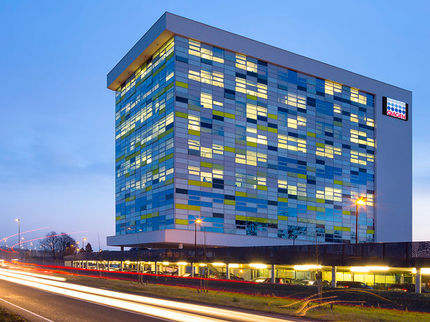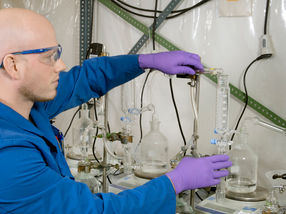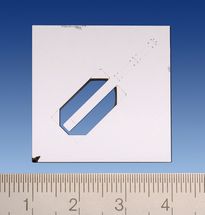ATLAS Biolabs fulfills the DIN EN ISO 13485:2003 + AC: 2009 standard for designing and manufacturing medical devices
By gaining certification according to the internationally recognized quality standard DIN EN ISO 13485 + AC:2009, ATLAS Biolabs GmbH has reached another milestone in its advances in the field of molecular diagnostics. DIN EN ISO 13485 + AC:2009 provides the criteria for quality management in the design and manufacture of medical devices; and compliance with this standard is required in order to develop and distribute software that falls within the scope of the European directive 98/79/EC for in vitro diagnostics. The new certificate gives the company a stronger position in molecular diagnostics and makes it an ideal partner for other companies that are looking to develop or have developed in vitro diagnostic tools. ATLAS Biolabs has been certified according to DIN EN ISO 9001 since 2008.
The newly acquired certification allows the company to develop a software-based expert system for evaluating chromosomal aberrations which will complement its existing genotyping and molecular karyotyping services. “The development of such an expert system is based on the experience we have gathered over many years in processing and analyzing hundreds of samples submitted by cytogenetic laboratories and academic institutions specialized in human genetic testing. From our discussions with physicians, we have understood that gathering, linking and interpreting all the information available is a laborious task and that such an expert system needs to be developed very carefully,“ said Peter Nürnberg, CEO of ATLAS Biolabs. ATLAS Biolabs’ new expert system will support physicians needing to evaluate the different kinds of information linked to aberrations that could be responsible for the observed phenotypes. It will also be subject to risk management according to ISO 14971:2007.
Topics
Organizations
Other news from the department politics & laws

Get the analytics and lab tech industry in your inbox
By submitting this form you agree that LUMITOS AG will send you the newsletter(s) selected above by email. Your data will not be passed on to third parties. Your data will be stored and processed in accordance with our data protection regulations. LUMITOS may contact you by email for the purpose of advertising or market and opinion surveys. You can revoke your consent at any time without giving reasons to LUMITOS AG, Ernst-Augustin-Str. 2, 12489 Berlin, Germany or by e-mail at revoke@lumitos.com with effect for the future. In addition, each email contains a link to unsubscribe from the corresponding newsletter.
Most read news
More news from our other portals
See the theme worlds for related content
Topic world Diagnostics
Diagnostics is at the heart of modern medicine and forms a crucial interface between research and patient care in the biotech and pharmaceutical industries. It not only enables early detection and monitoring of disease, but also plays a central role in individualized medicine by enabling targeted therapies based on an individual's genetic and molecular signature.

Topic world Diagnostics
Diagnostics is at the heart of modern medicine and forms a crucial interface between research and patient care in the biotech and pharmaceutical industries. It not only enables early detection and monitoring of disease, but also plays a central role in individualized medicine by enabling targeted therapies based on an individual's genetic and molecular signature.








































